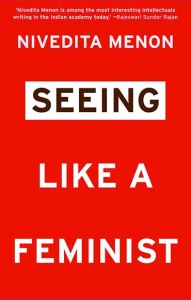Short Book Review: Viet Nam – A History from Earliest Times to the Present by Ben Kiernan
 SBR: The point of reading Viet Nam – A History from Earliest Times to the Present was to acquaint myself with the history of the country before our trip in last November. That purpose was served, but the book was not the best I could have picked up for a quick overview. When the sources are available, it becomes so detailed that sometimes I wondered if I was reading the original source itself! It doesn’t do much justice to the history of central and southern Vietnam before the northern Viets overran the areas. Unfortunately, books on complete Vietnamese history are difficult to search, because search results are overwhelmingly dominated by the plethora Vietnam-America war books. That’s how I ended up picking up this one because I wanted an overview of the entire history and it was one of the few that cropped up.
SBR: The point of reading Viet Nam – A History from Earliest Times to the Present was to acquaint myself with the history of the country before our trip in last November. That purpose was served, but the book was not the best I could have picked up for a quick overview. When the sources are available, it becomes so detailed that sometimes I wondered if I was reading the original source itself! It doesn’t do much justice to the history of central and southern Vietnam before the northern Viets overran the areas. Unfortunately, books on complete Vietnamese history are difficult to search, because search results are overwhelmingly dominated by the plethora Vietnam-America war books. That’s how I ended up picking up this one because I wanted an overview of the entire history and it was one of the few that cropped up.To read or not to read: Not for a quick overview. Search elsewhere.









